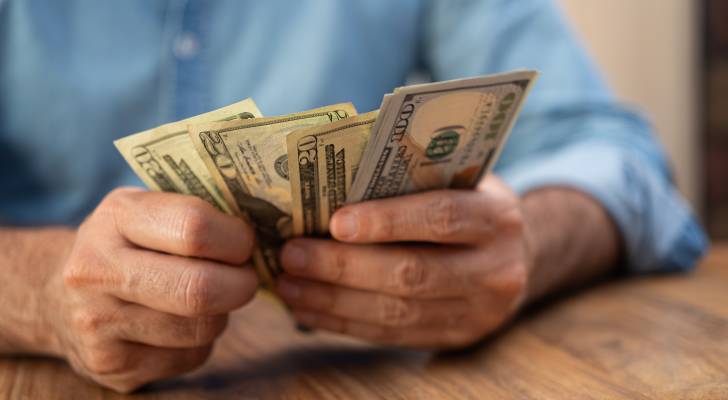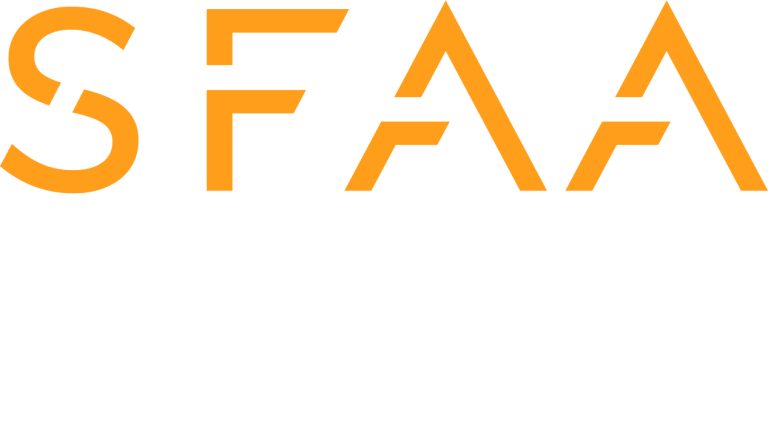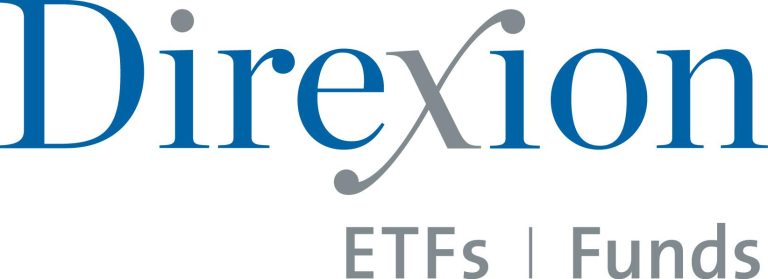
If you’re worried about a near-term recession, you’re certainly not alone. According to a survey conducted by business outlet Chief Executive, American CEOs revealed their take on the current economy, and it found that 62% now anticipate a slowdown or recession in the next six months — up from 48% in March.
Part of the reason for this concern stems from uncertainty around tariff policies. As it is, tariff announcements have managed to wreak havoc on the stock market. It’s not such a stretch to think that they might lead to a broad pullback in consumer spending, especially if they lead to higher costs.
Don’t miss
- I’m 49 years old and have nothing saved for retirement — what should I do? Don’t panic. Here are 5 of the easiest ways you can catch up (and fast)
- Thanks to Jeff Bezos, you can now become a landlord for as little as $100 — and no, you don’t have to deal with tenants or fix freezers. Here’s how
- Gain potential quarterly income through this $1B private real estate fund — even if you’re not a millionaire. Here’s how to get started with as little as $10
If you’re worried about a recession and recently came into, say, a $10,000 inheritance, you may be wondering whether you should use that money to pay off a $9,000 credit card balance or put the money into an emergency fund.
The truth is that paying off debt and boosting savings are both smart moves at a time like this. Let’s dig into the pros and cons of paying off debt versus increasing savings so you can decide what to do.
Paying off debt
The longer you carry debt, the more it can cost you. So, if you use your $10,000 inheritance to pay off your credit card balance, you’ll potentially save yourself a boatload of money on credit card interest.
Plus, if a recession hits, it could result in more widespread layoffs. And if you end up losing your job, not having credit card minimums to meet could make that situation a lot less stressful.
On the other hand, if you use your $10,000 inheritance to pay off $9,000 in credit card debt, you’ll only be leaving yourself with $1,000 for savings purposes.
The fact that you owe $9,000 on credit cards means you may not have much in the way of savings to begin with. But a mere $1,000 cushion isn’t likely to get you very far if you lose your job and are unemployed for months. So, while paying off your credit cards solves one problem, it could open the door to another.
Keeping the cash as an emergency fund
A $10,000 emergency fund could be extremely handy if you were to lose your job in a recession.
Generally speaking, it’s a good idea to have at least a three-month emergency fund to get through a layoff without having to resort to more debt. If you keep that $10,000 in your savings account, it could spare you from having to add to your credit card balances and rack up even more interest charges.
Also, it happens to be that savings accounts are paying generously right now because interest rates are up.
If your $9,000 credit card balance happens to be on a 0% interest credit card with a good number of months until that 0% rate goes away, you could keep the money in savings for a bit, earn some interest, and see how economic events shake out.
Read more: Want an extra $1,300,000 when you retire? Dave Ramsey says this 7-step plan ‘works every single time’ to kill debt, get rich in America — and that ‘anyone’ can do it
Of course, the downside of this approach is that if you’re not looking at a 0% APR on your credit card debt, keeping the money in savings could mean racking up extra interest needlessly.
If your credit APR is 24% — which is roughly the average APR on new credit accounts these days — and it takes you three years to pay off your balance, it could cost you around $3,700 in interest alone.
Plus, the reality is that even if a recession hits, you’re not guaranteed to lose your job, so you may not need the extra emergency savings immediately. On the other hand, you know for a fact that your credit card balance is there, and that the longer it takes you to repay it, the more money you stand to lose to interest.
Taking a balanced approach
A $10,000 windfall gives you a lot of leeway to better your financial situation ahead of a recession. One thing you could do is split that money between your credit card debt and your emergency savings.
The upside of this approach is that you get more protection in case your job disappears, but you also whittle down your credit card balance to a point where your minimum payments should shrink and your interest charges should be reduced.
The downside, though, is that you may feel like you haven’t fully tackled the goal of paying down your debt completely or building your emergency fund completely.
Putting $5,000 toward your debt still leaves you with a $4,000 balance, which is not a small sum. And while $5,000 is a nice emergency fund, it’s probably not enough to float you for three months either.
Then again, 40% of Americans can’t cover a $1,000 emergency expense from savings, according to U.S. News & World Report. With $5,000 in savings, you’re in a much better place than people in that boat, even if you don’t have a “complete” emergency fund.
Ultimately, all of the choices above are financially responsible ones. You’ll need to think about how vulnerable your job and industry might be to layoffs in the event of a recession. You’ll also need to consider what your credit card debt is costing you before you can make a choice that’s right for you.
What to read next
- Don’t have the cash to pay Uncle Sam in 2025? You may already be eligible for a ‘streamlined’ handshake with the IRS — here’s how it works and how it can potentially save you thousands
- Here are 5 ‘must have’ items that Americans (almost) always overpay for — and very quickly regret. How many are hurting you?
- Robert Kiyosaki warns of a ‘Greater Depression’ coming to the US — with millions of Americans going poor. But he says these 2 ‘easy-money’ assets will bring in great wealth. How to get in now
This article provides information only and should not be construed as advice. It is provided without warranty of any kind.


